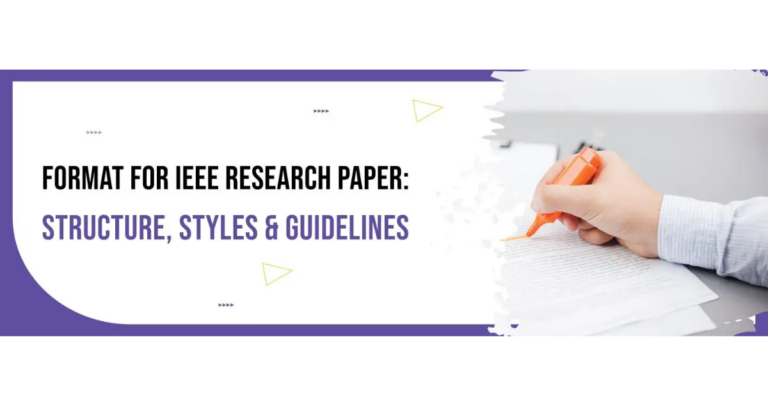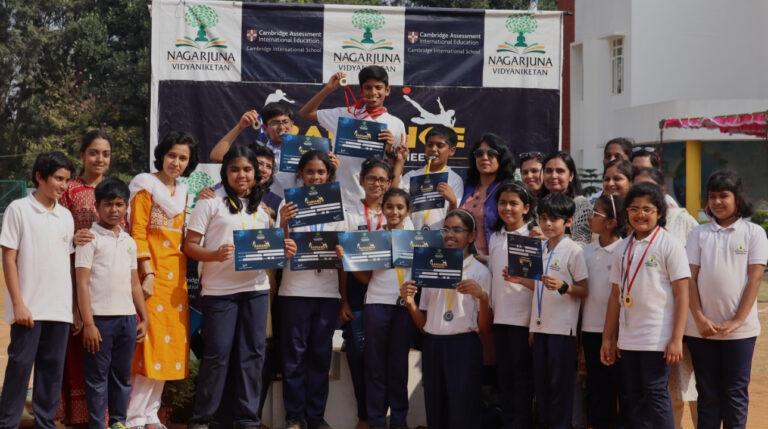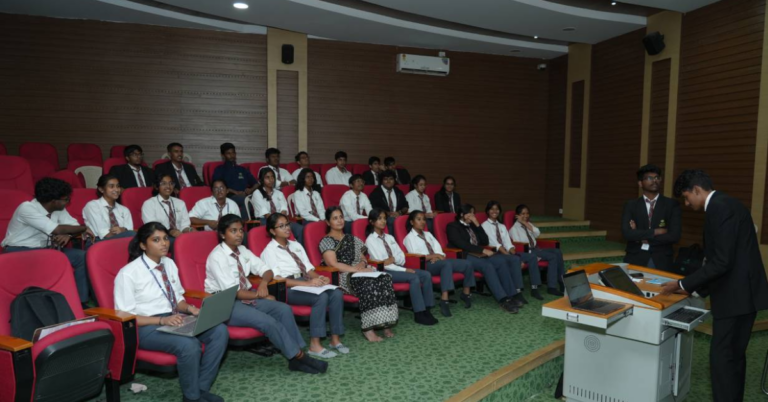Research Paper Writing Service in India: Navigating the Landscape of Academic Support
In today’s competitive academic environment, many students and researchers turn to professional assistance for their writing needs. The term “Research Paper Writing Service in India” has become increasingly prominent as scholars seek expert help to craft well-structured, publication-ready manuscripts. This article explores the evolving landscape of such services in India, examines the benefits they can offer, discusses ethical considerations and best practices, and provides guidance on selecting the right support for your academic journey.
Understanding the Demand
India’s higher education ecosystem is expanding rapidly, with a growing number of postgraduate and doctoral programmes. With the push toward publishing research in indexed journals and meeting rigorous formatting and methodological standards, many students feel overwhelmed by the writing and publication process. Professional writing services respond to this gap by offering assistance ranging from topic selection and methodology design to full-paper drafting and journal submission support.
By positioning themselves as expert partners, such services aim to reduce the anxiety around deadlines, publication rejections, and complex journal guidelines. In doing so, they promise benefits like domain-expert authors, on-time delivery, plagiarism-free content, and formatting aligned with international standards.
What Do These Services Provide?
A comprehensive writing service typically offers multiple components. Some of the key modules include:
-
Topic selection and gap identification: Helping you locate a novel research problem, define objectives, and craft a working title.
-
Literature review and methodology: Supporting the search for credible sources, building a coherent review of existing work, and selecting suitable research design and data tools.
-
Results, discussion and formatting: Crafting tables, charts, narrative discussion, linking findings to objectives, and ensuring the paper conforms to the journal’s structure.
-
Proofreading, editing & plagiarism check: Ensuring the final manuscript is polished, citations are correct, and similarity thresholds are met.
-
Submission and publication assistance: Guiding you through journal selection, covering indexing criteria (for instance Scopus/Web of Science), and sometimes handling the submission process.
These services aim to relieve the burden on the researcher, enabling focus on analysis and interpretation rather than formatting and structure.
Benefits of Engaging a Writing Service
Here are some of the tangible advantages:
-
Saves time and reduces stress: The writing process for a peer-reviewed research paper is intense. With expert assistance, many tasks such as formatting, editing and structuring are handled for you, leaving space for critical thinking and revision.
-
Access to domain expertise: A well-functioning service will have writers or editors with subject-matter experience. They understand what journal reviewers look for, common pitfalls in research design, and how to present results clearly.
-
Improved quality and consistency: By using professional language, clear structure, and proper academic conventions, the quality of the manuscript tends to improve—leading to better chances at acceptance and fewer revisions.
-
Better alignment with international standards: Journals now demand strict adherence to formatting, referencing, ethical disclosures and plagiarism checks. A service can help ensure your paper meets these criteria.
-
Support for non-native English speakers: In India and globally, many researchers are not native English speakers. Professional services can assist in making the language fluent, reducing language-driven rejections.
Ethical Considerations and Academic Integrity
While the benefits are compelling, it is crucial to approach any writing service with a clear understanding of ethics and your institution’s rules. Academic integrity remains foundational to research quality—and services must complement, not substitute your intellectual contribution.
Understanding academic integrity
Institutions like University Grants Commission (UGC) have developed regulations to promote originality and integrity in academic writing. These emphasize that plagiarism, data fabrication, contract cheating and improper authorship are unacceptable. For example, self-plagiarism and outsourcing substantial parts of one’s work without attribution constitute breaches of integrity.
Where writing services must remain ethical
-
The researcher must define the idea, research question, data collection and interpretation. Services should not claim authorship of the intellectual work.
-
Writing support should operate as guidance—helping you refine expression, structure and presentation—but the intellectual conceptualisation remains yours.
-
Turnitin or similar checks may be in place at your institution. Using blind assistance or copying large chunks of text undermines your own learning and may trigger disciplinary actions.
-
Transparency is key. Some institutions require declaration of assistance, especially if large portions were externally produced.
Red flags to watch out for
-
If a service offers “write entire paper for me and I submit” without your input, you risk being engaged in contract cheating, which many institutions treat as academic misconduct.
-
If the service offers guaranteed publication (especially in so-called “indexed journals”) for a fee, you may enter a predatory publishing trap.
-
Over-promise of extremely fast turnaround and minimal involvement from you may raise concerns.
How to Choose a Good Service
Given the number of players in the market, choosing wisely is vital. Here are some criteria:
-
Transparency: A good service will clearly indicate what they do (writing, editing, formatting), what remains your responsibility, and what guarantees they offer (e.g., free revisions, plagiarism check).
-
Writer profiles: Look for evidence of domain expertise in your subject area (engineering, medicine, social sciences etc). Ask for sample work, writer CVs or prior publication samples.
-
Customization: The service should be willing to tailor the paper to your university/journal guidelines, let you review drafts, and incorporate your inputs.
-
Revision policy: Once the draft is delivered, ensure you have the right to request revisions. Quality writing is an iterative process.
-
Confidentiality and data security: Especially if you are sharing unpublished data, make sure the service has clear policies on confidentiality.
-
Ethical alignment: Does the service emphasize originality, proper referencing, no plagiarism? Are they clear about not committing you to dishonest practices?
-
Support and communication: A dedicated contact, status updates, and clarity on deadlines reduce anxiety.
-
Cost vs value: Extreme low-cost offers may signal lack of quality; however, reasonable pricing with transparent deliverables is optimal.
Maximising the Value of the Service
Here are ways you can partner effectively with a writing service to get the best outcome:
-
Be clear about your research question and data: The more precise you are about your objectives, methodology and expected contribution, the better the service can deliver.
-
Provide all relevant materials upfront: Your dataset, prior drafts, literature notes, supervisor comments, target journal guidelines—these help the writers understand context.
-
Stay engaged: Review each draft, provide timely feedback, ask questions. The service should not be a black-box.
-
Use the delivered draft as your foundation: Make sure you understand the content, refine it further, and ensure it aligns with your voice and institution policy.
-
Check against plagiarism and your institution’s policy: Even though the service may claim originality, you remain responsible for final submission. Run your own check and revise as needed.
-
Understand journal guidelines: If the service helps with submission, make sure you know the journal’s timeline, scope, peer-review expectations and indexing status.
-
Keep records: Communication, drafts, revisions, and research data should be well documented. These may help later when responding to reviewer comments or defending your approaches.
Potential Pitfalls and How to Mitigate Them
While writing services offer many benefits, some common issues may arise:
-
Mismatch between writer and discipline: If the writer lacks familiarity in your niche (say quantum computing or medical ethics), the final output may lack depth. Mitigate by verifying writer credentials.
-
Over-reliance on service: The researcher must remain intellectually active. Relying purely on external writing can weaken your own grasp of the manuscript and impact your ability to defend or present your work.
-
Ethical risk: As noted, if the service drafts the entire work without your substantive input, or if it submits to predatory journals, your academic reputation is at stake. Maintain oversight.
-
Hidden costs or delays: Some services may deliver a draft but require extra payments for “submission tweaks”, or take longer than promised. Choose services with clear contracts and timelines.
-
Confidentiality breach: Sharing unpublished data or insights may carry risk. Ensure service has proper non-disclosure policies.
-
Poor quality final product: Some services marketing “cheap and fast” may deliver poorly formatted or shallow content. Always review the draft critically.
The Indian Context: What to Keep in Mind
In India, the higher education regulatory environment emphasizes originality, credible journal selection and rigorous standards. For instance:
-
The UGC’s guidelines on academic integrity oblige higher education institutions to adopt policies and sanction misconduct.
-
Institutions such as Indian Institute of Science explicitly define plagiarism, cheating and self-plagiarism as unacceptable practices.
-
Researchers must remain alert to predatory journal publishing, which has drawn regulatory attention.
Therefore, when working with a writing service in India it is especially important to ensure that the service aligns with national norms: genuine authorship contribution, adherence to indexing standards of journals, authenticity of data and citations, and proper disclosures of assistance.
Final Thoughts
Engaging a research paper writing service in India can be a strategic decision in your academic journey—provided you choose wisely and remain actively involved. Such a service offers a supportive framework for producing a well-structured, journal-compliant manuscript, allowing you to focus on the core research and analysis. But ultimately, the intellectual ownership, clarity of contribution and ethical integrity rest with you.
By selecting a credible provider, collaborating proactively, maintaining high ethical standards, and aligning with your institution’s policies, you maximise the benefit of professional writing support while preserving your academic credibility. With the right approach, you can transform your research ideas into published output, advancing your scholarly journey with confidence and integrity.







